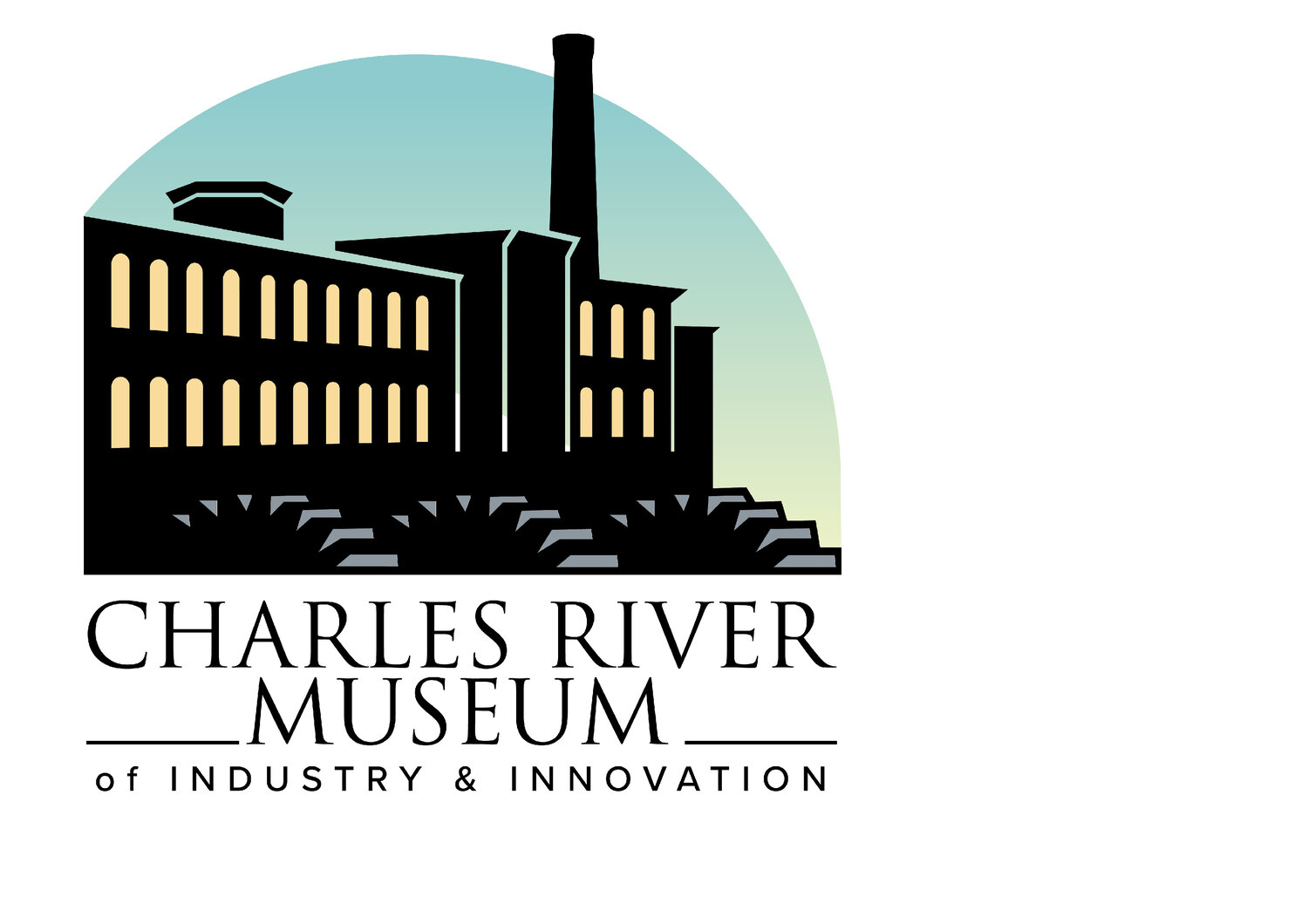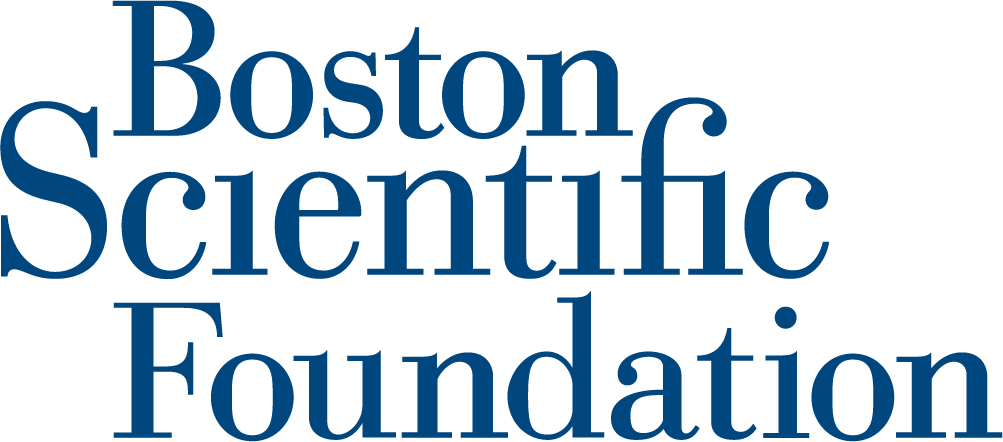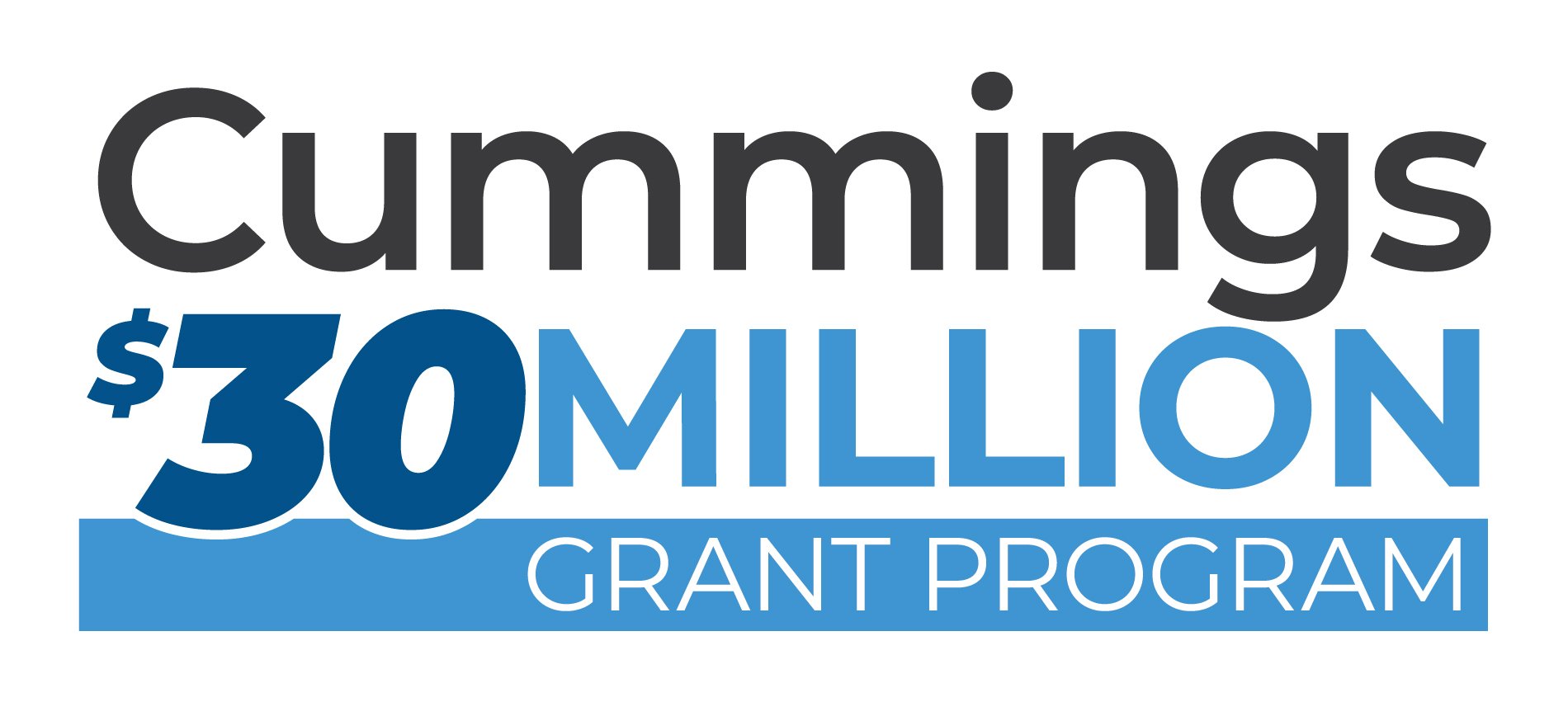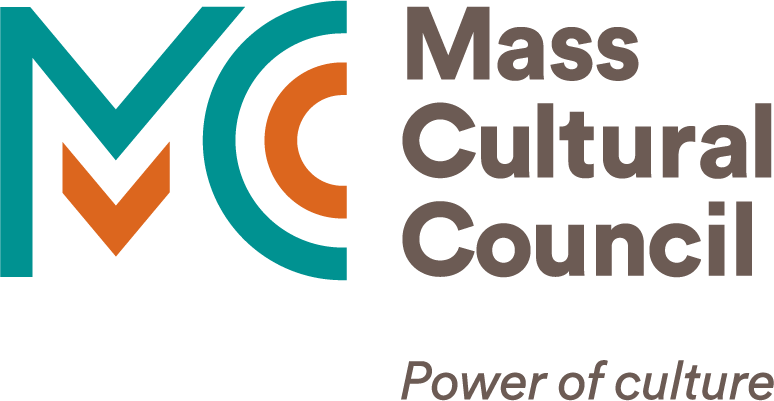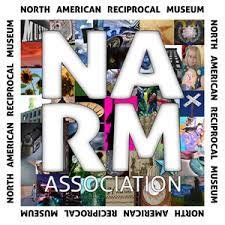Our Museum is on the site of America's first integrated factory, where raw materials—cotton, in this case—were converted into a finished product—whole cloth—all under one roof. It was here, on the banks of the Charles River in Waltham, Massachusetts—at the corner of the river and what we know as Moody Street—that the Boston Manufacturing Company became the first successful industrial corporation in America, effectively launching the American Industrial Revolution.
The power loom, developed by Paul Moody, is America's original high tech. It was the crucial centerpiece of the system of mass production conceived by Francis Cabot Lowell and launched in 1814. It is Paul Moody after whom the iconic Moody Street is named, and where the Francis Cabot Lowell Mill complex, now a National Historic Landmark, still stands.
Our presenter, Author Tony Connors, Ph.D.
Tony Connors, author of the dual biography of Paul Moody and machinist David Wilkinson entitled "Ingenious Machinists," will illuminate for us what he feels were Paul Moody's most important professional years, those he spent in Waltham. For although Moody was a major contributor to the establishment later in the 19th Century of the mills on the Merrimack River just a bit further north in what we now know as Lowell, Massachusetts, Mr. Connors makes the case that most of the important inventions and innovations that made them possible were conceived and developed in Waltham.
* * *
Anthony J. "Tony" Connors is an independent historian from Westport, Massachusetts. He has a Ph.D. in American History from Clark University, and is the author of Ingenious Machinists: Two Inventive Lives from the American Industrial Revolution (SUNY Press, 2014), and “Andrew Craigie: Patriot and Scoundrel,” Harvard Magazine (November-December 2011), and editor of Conflicts in American History: The Colonial and Revolutionary Eras (Facts on File, 2010).
After four years in the U.S. Coast Guard, Tony began a 32-year career in the computer software field, as a manager of technical writing, training, and support. Since retirement, he has been an independent writer, editor, and teacher in early American and local history.
This Mill Talk is FREE. (Donations are always welcome!) Doors open at 6:30pm. The Talk begins at 7:00pm.
